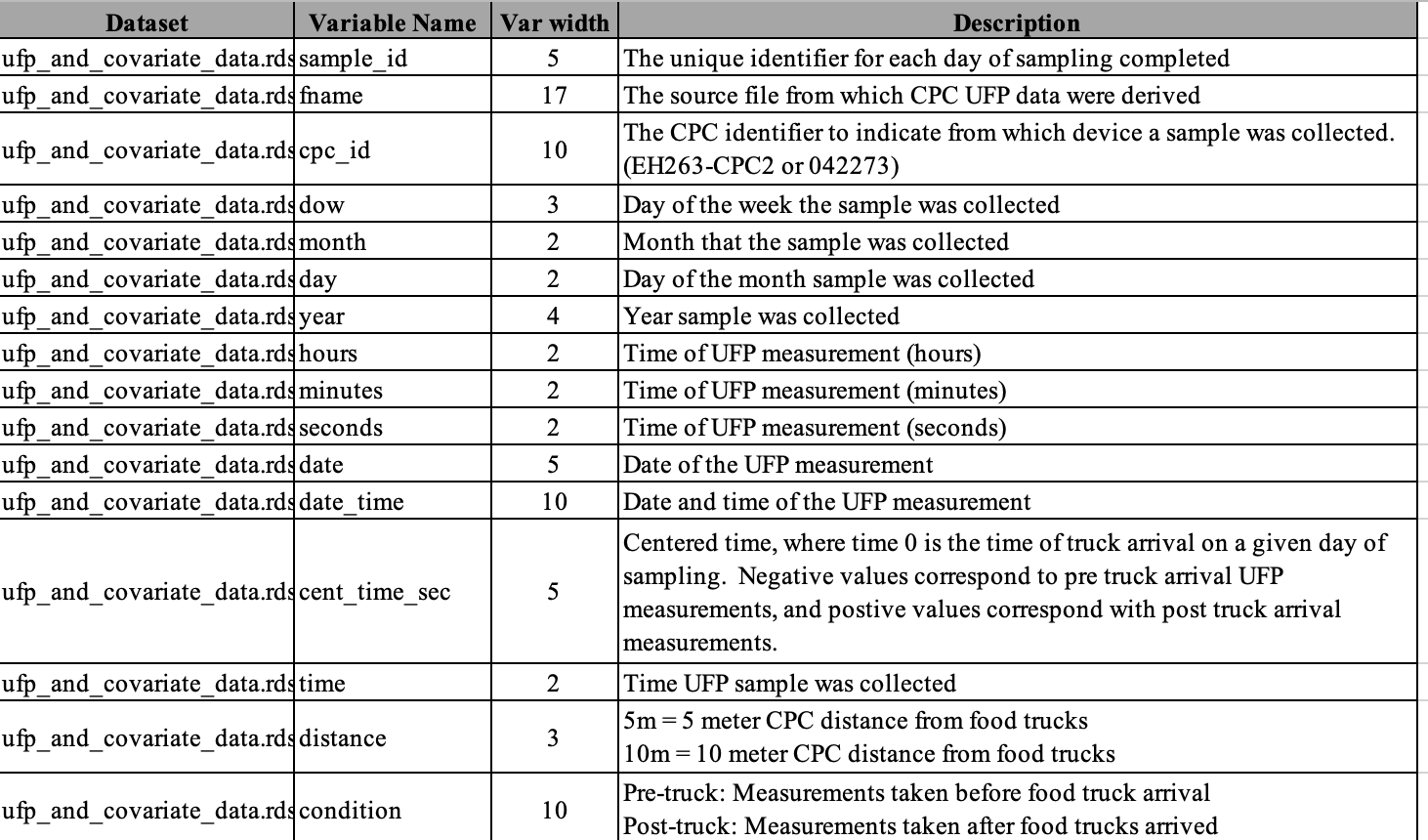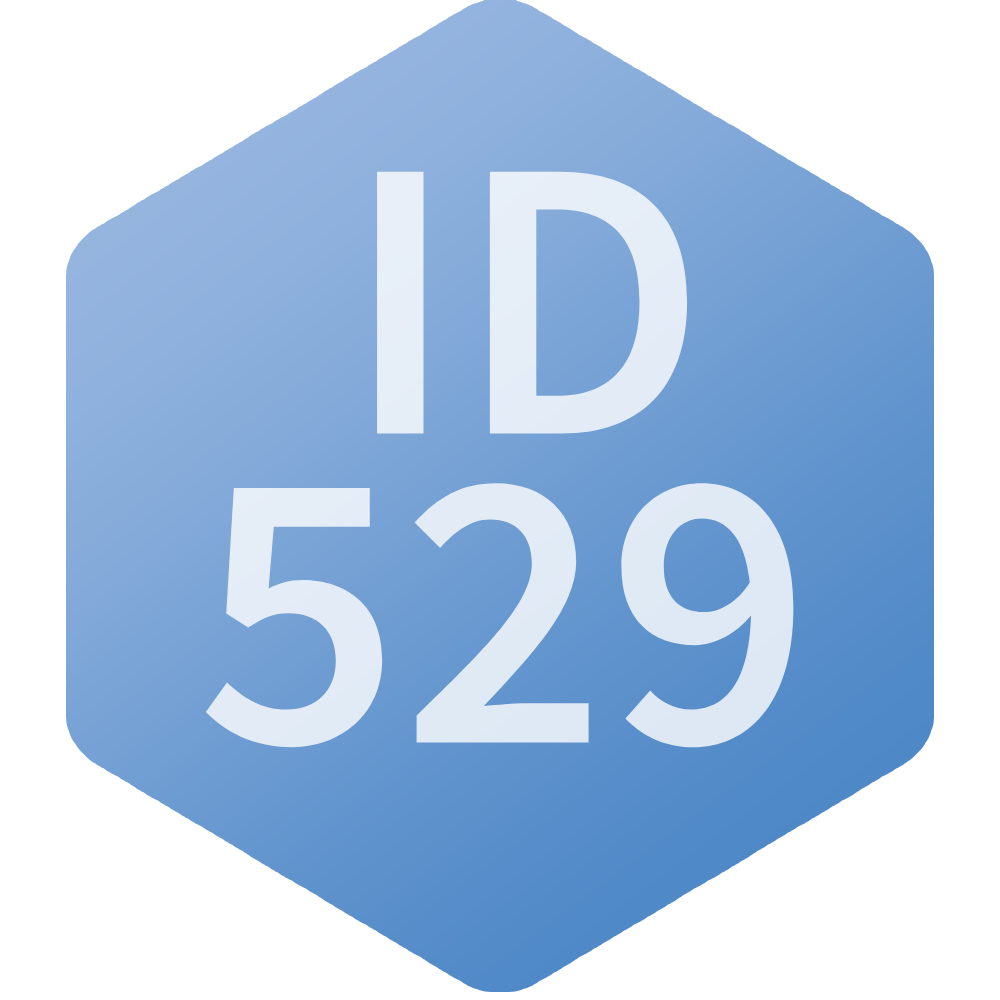Data Dictionaries
ID 529: Data Management and Analytic Workflows in R
Dean Marengi | Tuesday, January 10th 2023
Motivation
- We’ve learned a bit about:
- Git and GitHub for code version control and management
- Reproducible data analysis workflows
- But have not discussed data dictionaries and their role in reproducible research
- Facilitate collaboration with other researchers
- Provide clear and detailed information about the data being used
- Data sources and considerations
- Structure and format
- Variable definitions and interpretation of their values
Learning objectives
- Understand the importance of data dictionaries for data analysis
- Ensuring consistency of data, and how the data are used
- Facilitating research collaboration
- Learn about the common components of data dictionaries
- Variable names and definitions
- Data types
- Value labels, and other attributes
- Missing data codes
- Discuss creating and maintaining data dictionaries
- Well-described entries
- Keeping data dictionaries up-to date
What are data dictionaries?
- Data dictionaries
- Provide key information and metadata about variables included in a dataset
- Serve as an important reference guide for data analysts
- The structure, format, and contents will vary depending on the project
- Core elements typically include
- A description of the study or data source(s)
- Variable names, definitions (and units, where applicable)
- Data types
- Value labels
- Calculations performed (where applicable)
- Other details relevant to a specific project
Dataset descriptions
- Dataset descriptions help to contextualize the data they contain
- Descriptions should typically include
- An overview of the project or data origins
- Why the data were collected
- What data was collected
- Who collected the data
- When the data were collected
- Data collection methodology and related considerations
- e.g., data quality issues
- Other details relevant for specific projects
Variable entries
- Variable entries provide specific information pertaining to each variable in the data
- Entries should include
- Concise but descriptive variable names
- Accurately reflect the underlying data
- Detailed descriptions of what the variables are
- Data type
- Characteristics such as:
- Units
- Factor levels
- Range of values
- Transformations
- You may also want to include:
- Links to relevant documentation
- Notes on data quality issues
- Other relevant information helpful for use and interpretation
- Data type and format of the variable, including any missing data codes
Examples of variable entries
Bad Entry
- Variable Name: Age
- Definition: Age of participant
- Data Type: Number
- Notes: N/A
Good Entry
- Variable Name: Age
- Definition: The age of the patient at the time of the study, measured in years
- Data Type: Integer
- Notes: Age data was collected via self-report on the baseline questionnaire and verified with a government-issued ID.
Bad Entry
- Variable Name: smk
- Definition: Smokes
- Data Type: Yes/No
- Notes: N/A
Good Entry
- Variable Name: Smoking status
- Definition: Whether or not the patient currently smokes cigarettes
- Data Type: Dichotomous (yes=1 | no=0)
- Notes: Smoking status was determined through self-report on the baseline questionnaire and verified at clinical study visits.

Common mistakes
- Insufficient detail
- Inconsistent and poor variable naming conventions
- Imprecise or vague definitions
- Omission of pertinent information about data quality issues
- Inaccuracies
- Failure to keep current with evolving research
- Discrepancies with the dataset
- Poor standardization and formatting
- Difficult for others to understand
- Inconsistencies make it difficult to maintain
Discussion questions
- What do you look for in a data dictionary? What do you include?
- Have you ever had a negative experience working with poorly documented data?
- Do you follow a specific process when developing your own data dictionaries?
Key takeaways
- Data dictionaries are important tools in research
- Provide a clear, standardized way of describing the data being used
- Ensure consistency in how data should be interpreted by investigators
- Overall, help to promote transparent and reproducible research!
- Provide a clear, standardized way of describing the data being used
- Data dictionaries should be detailed, consistent, and accurate
- Include all variables relevant for data analysis and, for each, provide:
- Variable names
- Detailed variable descriptions
- Data types
- Notes relevant to data collection procedures, calculations, etc.
- Any other details that will help to interpret the data
- Variable names
- Include all variables relevant for data analysis and, for each, provide:
Key takeaways (cont.)
- Data dictionaries should be kept up to date over the course of a project
- Include new and derived variables
- Document changes in data collection and/or analysis methods
